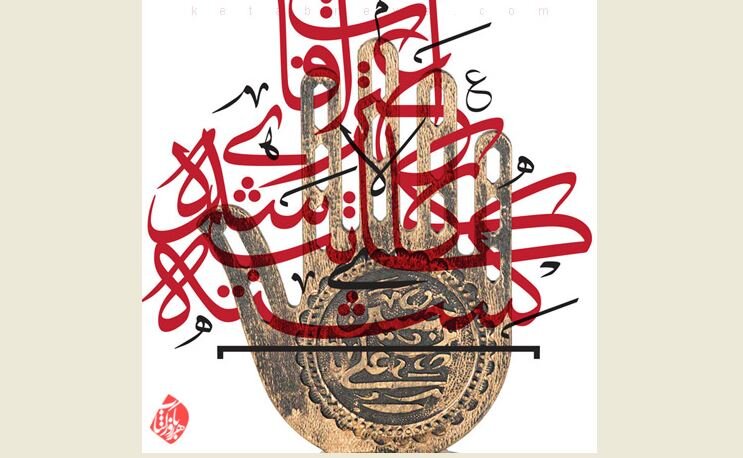AhlulBayt News Agency: The historical novel is a hybrid of history and literature and has the ability to describe historical events in great detail and excitement without taking them as seriously as a historical report would. Additionally, in this genre of stories, history and literature advance alongside one another, creating a beautiful fusion of the past and present that updates the experiences and tales of the past.
The book “Confessions of a killed scribe” by Sasan Nategh, is a historical novel about the events of Ashura.
The tale concerns a shepherd who, in order to receive payment for the sheep purchased by Ubayd Allah's soldiers, travels to their army and enters the tent of the scribes who are attempting to record the battle's events for their commanders. By the time the shepherd reaches Karbala, hours have passed since the battle between Ubayd Allah's soldiers and Imam Hussain's companions. The shepherd, the son of the great scribe, who conceals this fact by living a hidden life, watches the battle with the occupants of that tent.
Each of the book's seven chapters described an Ashura event while also including the confessions of the killed scribe who was seeking the truth about the tragedies at Karbala.
In this book, Muawiyah's tricks and plans against Imam Ali (AS) and his family are described in detail using the words of a shepherd whose father once served in Muawiyah's court.
While Sasan Nategh has remained true to the historical sources and has given the readers a fantastic story, his work is still not a documentary narrative.
It's also important to note that although the author's imagination was used in this book to describe events like blocking off water to Imam Hussain (AS) and tricking riders and warriors into enlisting in Umar ibn Saad's army, the realism of the narrative and the truth were not compromised.
/129
30 August 2022 - 07:00
News ID: 1301744

The historical novel is a hybrid of history and literature and has the ability to describe historical events in great detail and excitement without taking them as seriously as a historical report would. Additionally, in this genre of stories, ...
